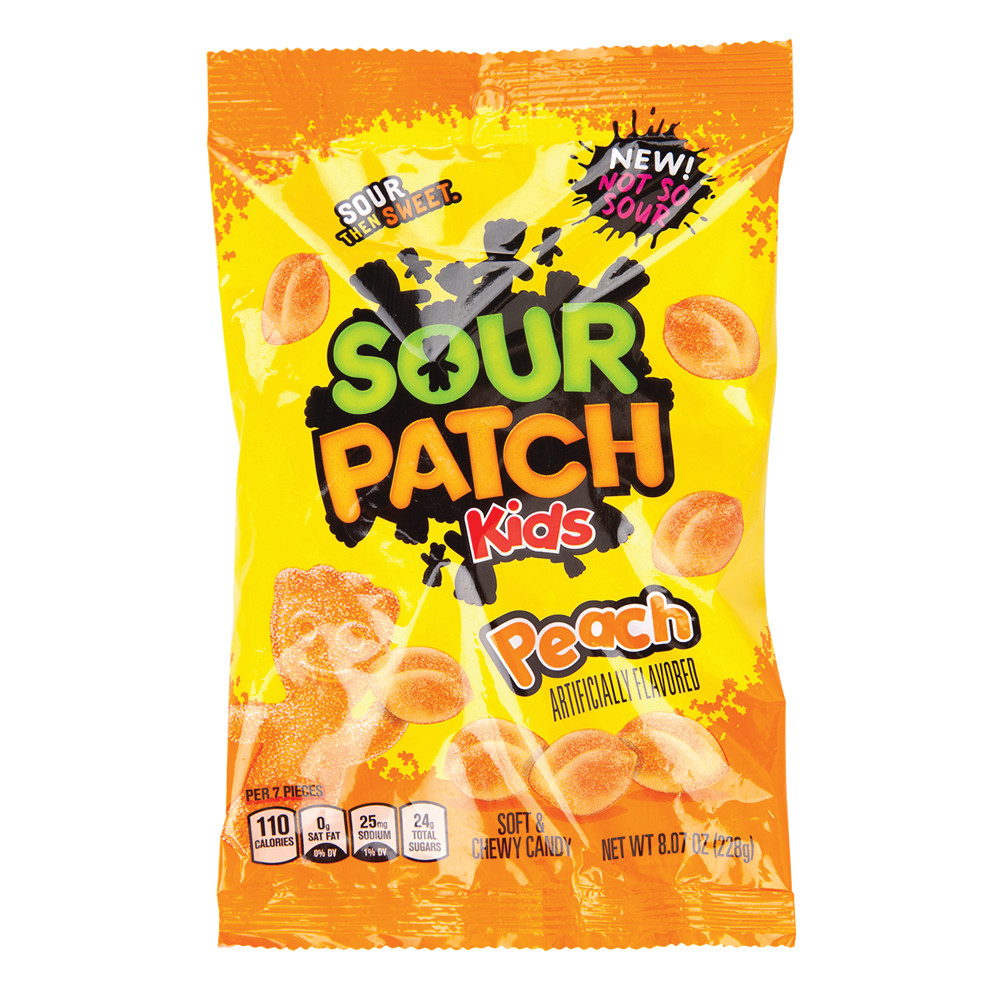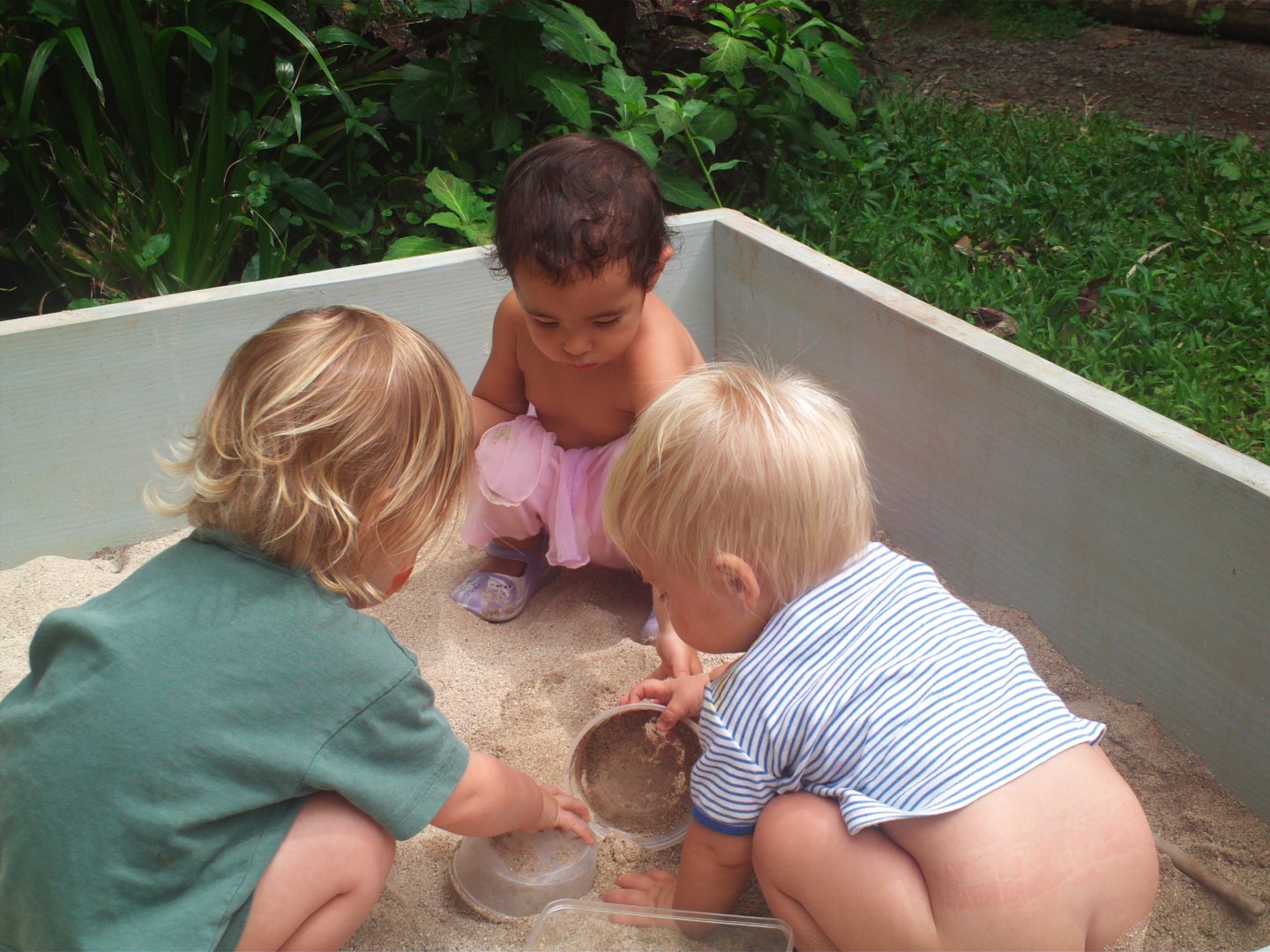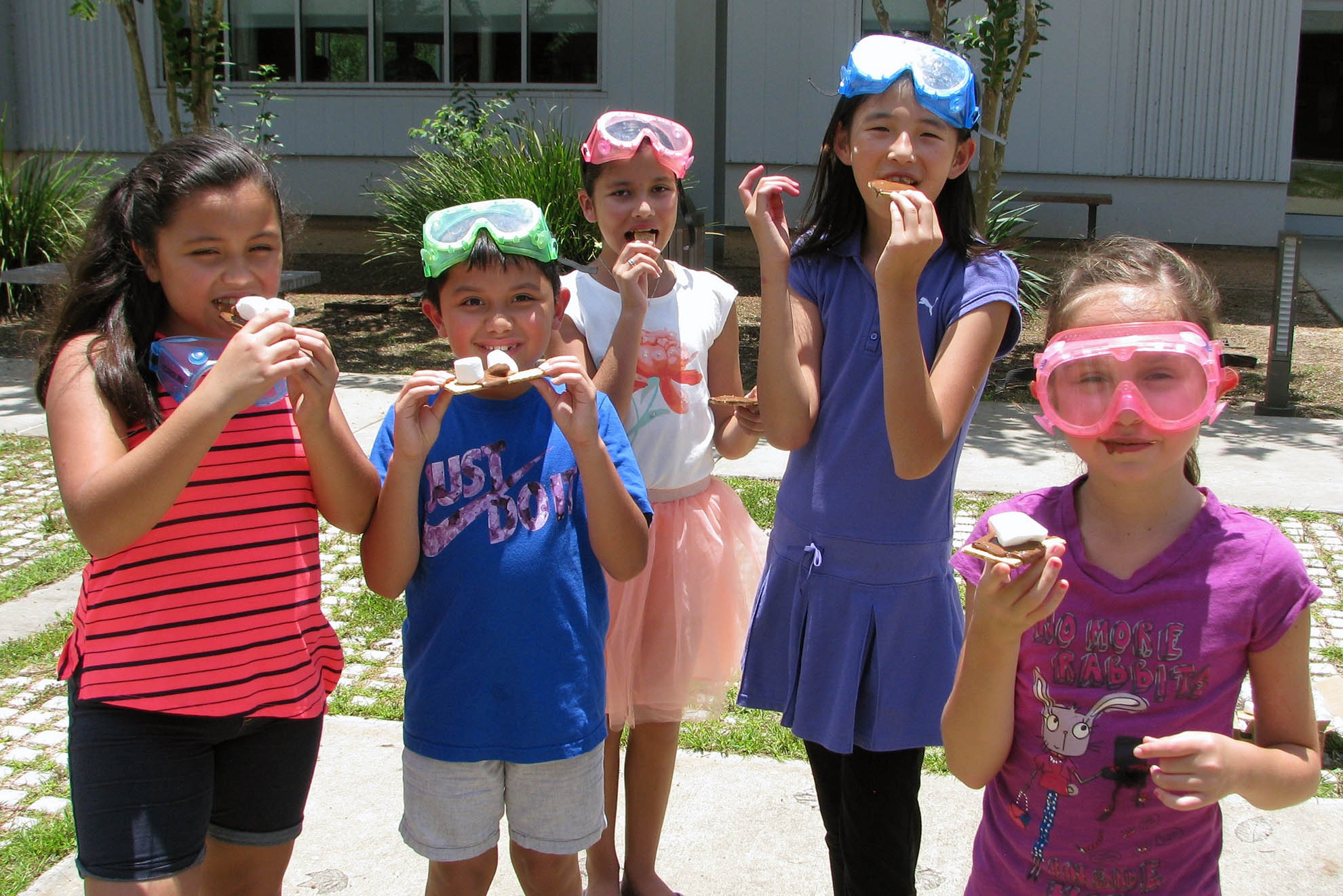What exactly is "kidsu"?
Kidsu is a term used to refer to children or youth. It is typically used in a positive or affectionate way to describe young people who are seen as beingor innocent.
The term kidsu is often used in conjunction with other words to describe the qualities or characteristics of children. For example, "kidsu kawaii" means "cute children" and "kidsu genki" means "energetic children."
The term kidsu is also used in a more general sense to refer to the period of childhood. For example, someone might say that they are "missing their kidsu days" or that they are "looking forward to the kidsu of their own."
No matter how it is used, the term kidsu is always associated with a sense of positivity and affection. It is a reminder that children are precious and that they should be cherished.
Kidsu
Kidsu is a Japanese word that refers to children or youth. It is typically used in a positive or affectionate way to describe young people who are seen as being innocent or energetic.
- (kawaii) - cute
- (genki) - energetic
- (mujaki) - innocent
- (shrai) - future
- (kib) - hope
- (takara mono) - treasure
These six key aspects capture the essence of kidsu. They represent the qualities that make children so special and precious. Kidsu are cute, energetic, and innocent. They are the future and our hope. They are our treasures.
1. (kawaii) - cute
The Japanese word "kawaii" is often translated into English as "cute." However, the concept of kawaii is much broader than simply physical attractiveness. Kawaii can also refer to things that are innocent, vulnerable, or childlike.
Kidsu are often seen as being kawaii because they possess many of these qualities. They are innocent, vulnerable, and full of life. They are also often very cute in the traditional sense of the word.
The connection between kawaii and kidsu is important because it helps us to understand the Japanese view of children. In Japan, children are seen as being precious and worthy of protection. They are also seen as a source of joy and happiness.
This view of children is reflected in the way that they are raised. Japanese parents typically spend a lot of time playing with their children and teaching them about the world. They also make sure that their children are well-fed and clothed.
The Japanese concept of kawaii is a reminder that children are special and should be cherished. It is a reminder that we should all strive to protect and nurture the children in our lives.
2. (genki) - energetic
The Japanese word "genki" means "energetic" or "full of life." It is a word that is often used to describe children, as they are typically full of energy and enthusiasm.
- Physical energy
Kidsu are often seen as being full of physical energy. They are always running, jumping, and playing. They seem to have an endless supply of energy, which can be both a blessing and a curse for their parents!
- Mental energy
Kidsu are also full of mental energy. They are always curious and eager to learn new things. They are always asking questions and exploring their surroundings. This mental energy is essential for their development and growth.
- Emotional energy
Kidsu are also full of emotional energy. They are quick to laugh, cry, and get excited. They are also very expressive, which can be both charming and frustrating for their parents!
- Social energy
Kidsu are also full of social energy. They love to play with other kidsu and make new friends. They are also very affectionate and love to cuddle with their parents and other loved ones.
The genki spirit is an important part of kidsu. It is what makes them so special and unique. It is also what makes them so much fun to be around. If you are ever feeling down, just spend some time with a kidsu and their genki spirit will be sure to rub off on you.
3. (mujaki) - innocent
The Japanese word "mujaki" means "innocent" or "naive." It is a word that is often used to describe children, as they are typically innocent and trusting.
Kidsu are often seen as being mujaki because they have not yet been exposed to the harsh realities of the world. They are still learning about the world and how it works. They are also still learning about right and wrong.
The mujaki spirit is an important part of kidsu. It is what makes them so special and unique. It is also what makes them so vulnerable.
It is important to protect the mujaki spirit of kidsu. We should all strive to create a world where kidsu can feel safe and innocent.
Here are some examples of how the mujaki spirit of kidsu can be seen in everyday life:
- A kidsu who trusts a stranger without hesitation.
- A kidsu who believes that anything is possible.
- A kidsu who is always looking for the good in others.
The mujaki spirit is a precious gift. We should all cherish it and do our best to protect it.
4. (shrai) - future
The Japanese word "shrai" means "future." It is a word that is often used in conjunction with "kidsu" to talk about the hopes and dreams that we have for our children.
- Education
One of the most important things that we can do for our kidsu is to invest in their education. A good education will give them the skills and knowledge they need to succeed in life. It will also help them to develop into well-rounded individuals who are able to contribute to society.
- Health
Another important thing that we can do for our kidsu is to make sure that they are healthy. This means providing them with a healthy diet, regular exercise, and access to quality healthcare. A healthy lifestyle will help them to grow and develop properly, and it will also reduce their risk of developing chronic diseases later in life.
- Values
In addition to education and health, it is also important to teach our kidsu about values. Values are the principles that guide our behavior. They help us to distinguish between right and wrong, and they give us a sense of purpose in life. We can teach our kidsu about values by setting a good example, by talking to them about our own values, and by encouraging them to participate in activities that promote positive values.
- Love and support
Perhaps the most important thing that we can give our kidsu is love and support. Kidsu need to know that they are loved and supported in order to thrive. We can show our kidsu love and support by spending time with them, listening to them, and encouraging them to pursue their dreams.
By investing in our kidsu's education, health, values, and love and support, we can help them to reach their full potential and achieve their dreams.
5. (kib) - hope
The Japanese word "kib" means "hope." It is a word that is often used in conjunction with "kidsu" to talk about the hopes and dreams that we have for our children.
Kidsu are the future of our world. They are the ones who will inherit our legacy and carry on our traditions. It is our hope that they will grow up to be happy, healthy, and successful individuals. We hope that they will make a positive contribution to society and that they will help to create a better world for all.
Our hopes for our kidsu are based on our love for them. We want what is best for them, and we believe that they have the potential to achieve great things. We hope that they will never give up on their dreams, and that they will always strive to be the best that they can be.
The hope that we have for our kidsu is a powerful force. It motivates us to work hard to provide them with the best possible education, healthcare, and opportunities. It also inspires us to be good role models and to teach them about the importance of values such as kindness, compassion, and perseverance.
The hope that we have for our kidsu is not always easy to maintain. There are times when we may doubt ourselves or worry about the future. However, we must never give up on our hopes. Our kidsu are counting on us, and we must continue to believe in them.
The hope that we have for our kidsu is a precious gift. It is a gift that we should cherish and nurture. Let us all strive to be the best that we can be, so that we can help our kidsu to reach their full potential and achieve their dreams.
6. (takara mono) - treasure
(takara mono) is a Japanese word that means "treasure." It is a word that is often used to describe children, as they are seen as being precious and valuable.
- Innocence and purity
Children are often seen as being innocent and pure. They have not yet been exposed to the harsh realities of the world, and they still believe in the power of good. This innocence and purity is a precious treasure that should be cherished.
- Potential
Children have the potential to achieve great things. They are full of energy, creativity, and imagination. With the right guidance and support, they can grow up to be anything they want to be. This potential is a treasure that should be nurtured.
- Joy and happiness
Children bring joy and happiness into our lives. They make us laugh, they make us smile, and they make us feel loved. This joy and happiness is a treasure that should be savored.
- Hope and inspiration
Children give us hope and inspiration. They remind us of the good in the world, and they make us believe that anything is possible. This hope and inspiration is a treasure that should be cherished.
Children are truly precious treasures. They are a source of innocence, purity, potential, joy, happiness, hope, and inspiration. We should all cherish the children in our lives and do everything we can to help them grow and reach their full potential.
FAQs about "kidsu"
This section provides answers to some of the most frequently asked questions about "kidsu".
Question 1: What does "kidsu" mean?Kidsu is a Japanese word that refers to children or youth. It is typically used in a positive or affectionate way to describe young people who are seen as being innocent or energetic.
Question 2: How is "kidsu" used in Japanese culture?In Japanese culture, kidsu are seen as being precious and worthy of protection. They are also seen as a source of joy and happiness.
Question 3: What are some of the key qualities of kidsu?Some of the key qualities of kidsu include innocence, energy, curiosity, and creativity.
Question 4: How can we support the healthy development of kidsu?There are many ways to support the healthy development of kidsu, including providing them with a safe and nurturing environment, access to quality education and healthcare, and opportunities to play and socialize.
Question 5: What is the importance of kidsu in society?Kidsu are the future of our world. They are the ones who will inherit our legacy and carry on our traditions. It is important to invest in kidsu and to help them reach their full potential.
These are just a few of the most frequently asked questions about "kidsu". For more information, please consult a reliable source such as a dictionary or encyclopedia.
Transition to the next article section:
Conclusion
In this article, we have explored the concept of "kidsu" in Japanese culture. We have learned that kidsu are seen as being precious and worthy of protection. They are also seen as a source of joy and happiness.
The key qualities of kidsu include innocence, energy, curiosity, and creativity. These qualities are essential for the healthy development of children. We can support the healthy development of kidsu by providing them with a safe and nurturing environment, access to quality education and healthcare, and opportunities to play and socialize.
Kidsu are the future of our world. They are the ones who will inherit our legacy and carry on our traditions. It is important to invest in kidsu and to help them reach their full potential.
By investing in our kidsu, we are investing in the future of our world.



Detail Author:
- Name : Dessie Langworth
- Username : ahmad25
- Email : amills@schuster.com
- Birthdate : 2000-05-09
- Address : 8723 Donavon Locks Torphyview, NH 53591-4497
- Phone : 812.962.4194
- Company : Pagac and Sons
- Job : Maintenance Equipment Operator
- Bio : Qui quo eius voluptatem voluptate ipsam. Quod deleniti non et ipsa dolores. Consequatur laborum dolor est deleniti aut a placeat.
Socials
twitter:
- url : https://twitter.com/dare1996
- username : dare1996
- bio : Molestiae omnis consequatur nobis. Veniam nisi laudantium qui ut numquam id id. Beatae alias ad illum magni.
- followers : 167
- following : 2586
facebook:
- url : https://facebook.com/joan.dare
- username : joan.dare
- bio : Quia ratione rerum culpa temporibus quo expedita.
- followers : 5864
- following : 1431
instagram:
- url : https://instagram.com/joan9963
- username : joan9963
- bio : Omnis cumque deserunt esse consequatur. Dolor vel voluptas vel. Neque delectus incidunt iusto eos.
- followers : 984
- following : 1932
tiktok:
- url : https://tiktok.com/@darej
- username : darej
- bio : Voluptatem nobis vitae deleniti in.
- followers : 101
- following : 2849
linkedin:
- url : https://linkedin.com/in/joan9168
- username : joan9168
- bio : Nihil rem et nobis aut.
- followers : 262
- following : 1835